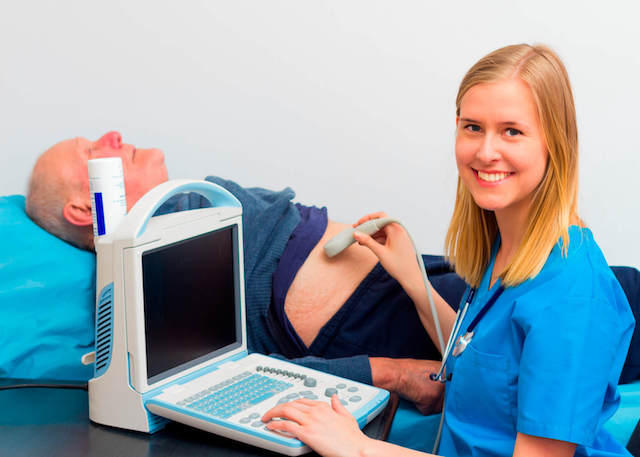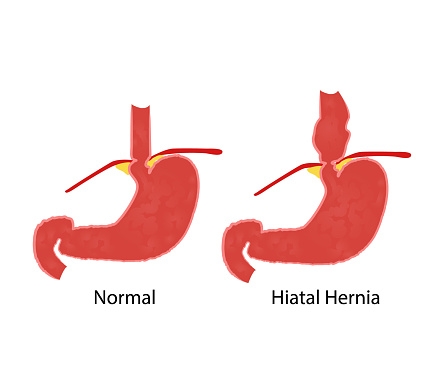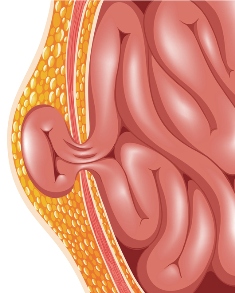Hiatal Hernia: Misdiagnosed & Misunderstood
Even the best doctors can make diagnostic mistakes. If the doctor asks the wrong questions or performs the wrong tests, a misdiagnosis of a hiatal hernia can easily occur, and this condition can easily be mistaken for something else. This can often lead to treatments that don’t actually solve the problem, so it’s important to understand hiatal hernias and how they occur.
What Is a Hiatal Hernia?
A hernia of any kind involves a situation where there is a breach or thin spot in a muscle wall. This may let whatever is inside the muscle wall poke slightly outside, and it can be extremely uncomfortable. In the case of a hiatal hernia, the breach is naturally present, but an abnormal movement of the organs causes the discomfort.
The diaphragm is a sheet of muscle separating the abdomen from the thoracic cavity (which holds the lungs, heart and esophagus). The hiatus (or gap) in the diaphragm is where your esophagus passes through the diaphragm to get to your stomach. When there is a hiatal hernia, the stomach pushes up through the hiatus, putting extra pressure on it and causing discomfort.
Symptoms of hiatal hernia include:
- Pain in the chest or abdomen
- Belching
- Heartburn
- Hiccups
- Nausea
- Vomiting
- Throat irritation
Since a hiatal hernia often exhibits the same symptoms as other conditions, it can be easily mistaken for something else entirely.
Misdiagnosis of Hiatal Hernia
A misdiagnosis occurs when your doctor mistakes the symptoms of a hernia for those of some other condition. With a hiatal hernia, this can occur fairly easily since the following conditions show similar symptoms:
- Angina, a heart condition in which heart muscles don’t get the oxygen they need
- Indigestion, which results in burping, vomiting, and heartburn
- Biliary colic, in which a gallstone blocks the bile duct
- Gastritis, or inflammation in the lining of the stomach
- Heart attack
- Chronic gastroesophageal reflux disease (GERD)
In some extreme cases, patients have had surgeries such as a heart bypass when really all they needed was treatment for a hiatal hernia, so proper diagnosis is important.
It also works the other way around. Any of the above conditions could easily be misdiagnosed as a hiatal hernia. In order for a proper diagnosis to be made, the doctor must ask the right questions, and then perform the right tests. For instance, Dr. Malladi can perform an upper endoscopy which uses a small camera to determine if a hiatal hernia has occurred. This can save a great deal of trouble and prevent a misdiagnosis, ultimately resulting in faster relief from symptoms.







